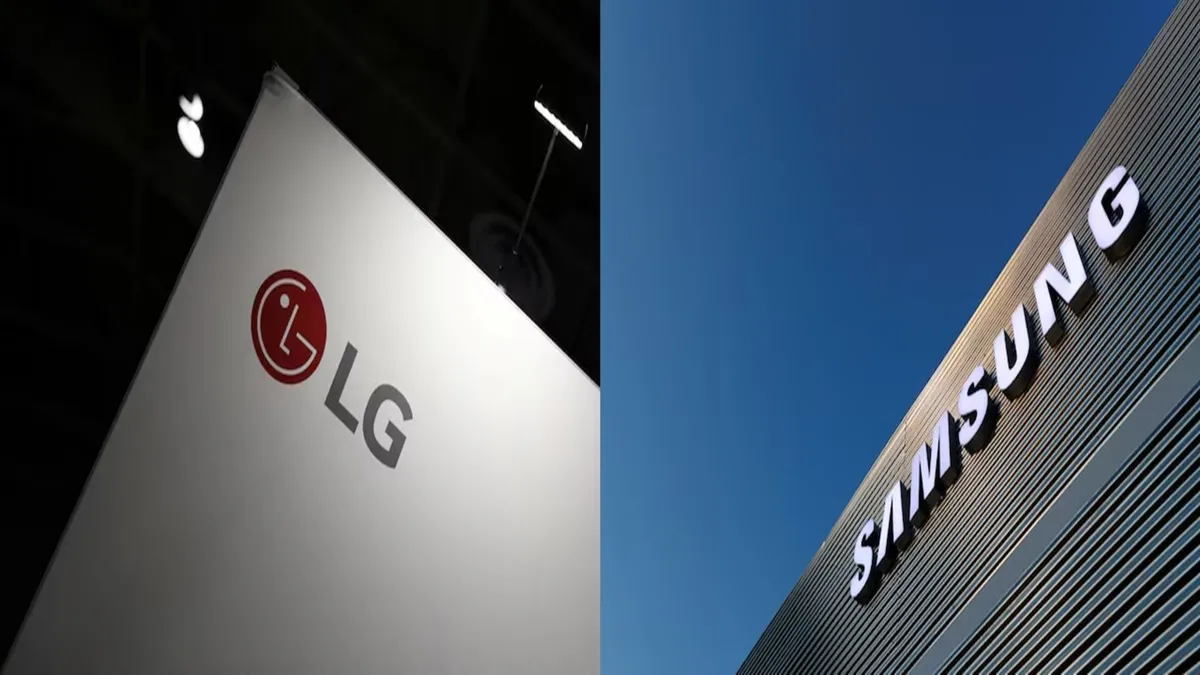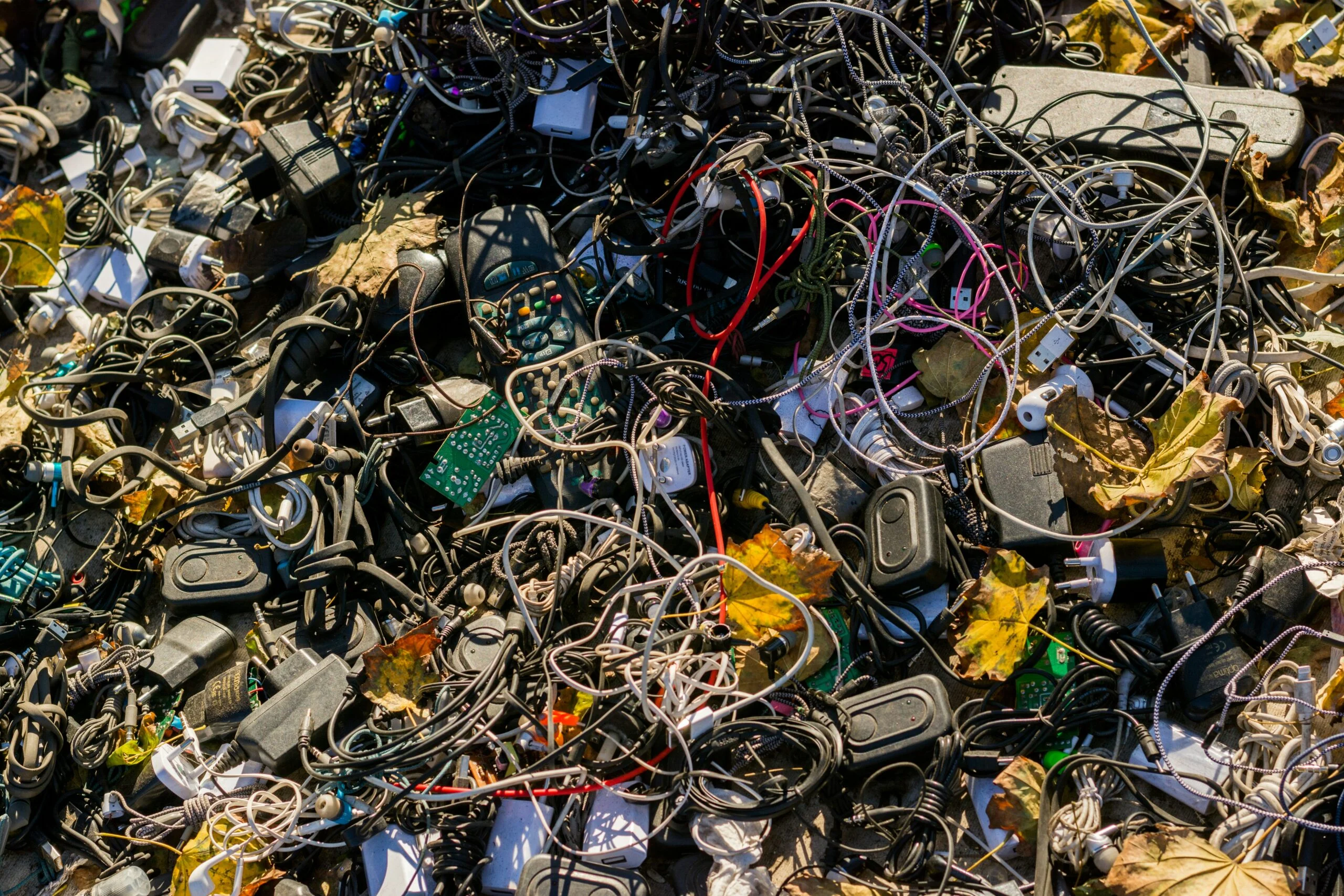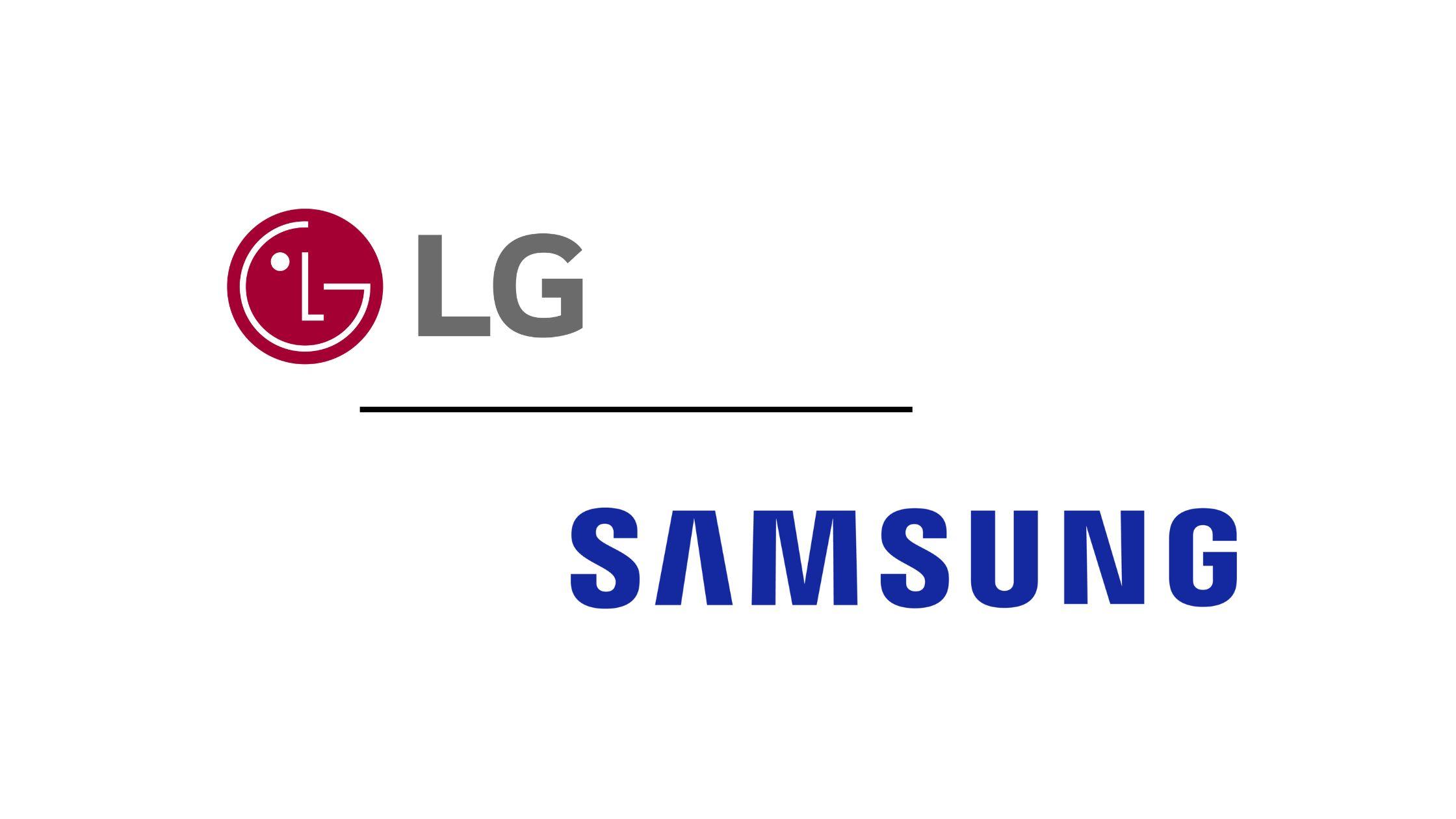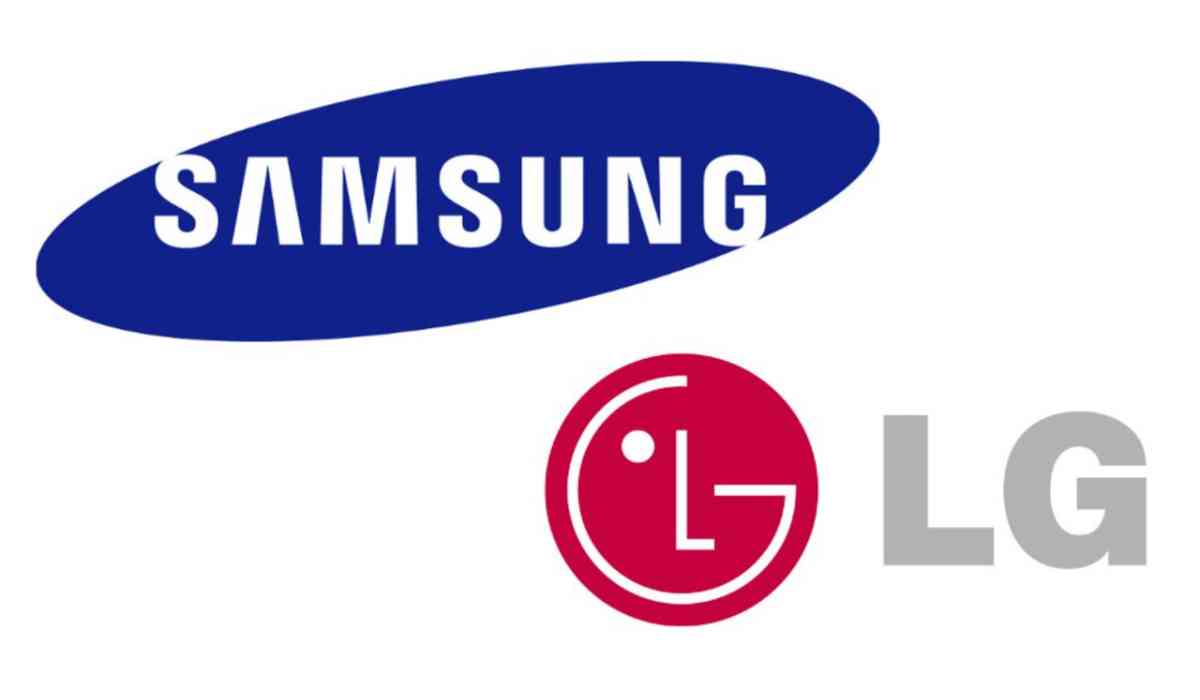South Korean electronics giants LG and Samsung have taken legal action against the Indian government over its newly implemented electronic waste (e-waste) recycling policy. The lawsuits, to be heard on April 22, 2025, highlight growing friction between major global manufacturers and the Indian authorities concerning the financial and operational implications of the country's evolving environmental regulations.

India’s E-Waste Landscape: A Complex Challenge
India ranks as the third-largest generator of e-waste globally, following China and the United States, according to the Global E-Waste Monitor 2020. Despite this staggering statistic, the country's recycling efficiency remains low. Government figures indicate that only 43% of e-waste was recycled last year, and approximately 80% of the recycling sector is controlled by informal scrap dealers, who often lack the infrastructure or compliance with environmental norms.
To address this disparity, the Indian government has introduced a new policy aimed at strengthening the formal recycling sector and encouraging greater investment in sustainable waste management practices.

What the New E-Waste Rules Say
The crux of the dispute lies in a new government mandate that sets a minimum floor price of ₹22 (approximately 25 US cents) per kilogram for the recycling of consumer electronics. This pricing is meant to:
-
Incentivize more formal players to enter the recycling industry.
-
Ensure standardized payments to recyclers.
-
Promote environmental accountability among manufacturers under the “polluter pays principle.”
However, major electronics companies argue that the mandated floor price dramatically increases their operational costs.
Industry Pushback: Claims of Financial Strain and Policy Flaws
Both LG and Samsung have criticized the new rules, stating that the cost burden is unjustly transferred to manufacturers without addressing systemic flaws in enforcement and regulation.
LG’s Arguments
LG’s 550-page court filing, submitted to the Delhi High Court on April 16, stated that:
-
The pricing policy fails to consider the economic impact on manufacturers.
-
Simply taxing companies in the name of the "polluter pays principle" will not achieve environmental objectives.
-
The real issue lies in the government’s inability to regulate the informal sector, calling it an "enforcement failure."
LG also cited that it had written to the government in August 2024, warning that the proposed rates were “very high and should be reduced”, suggesting that market forces should determine the price instead.
Samsung’s Position
Samsung's 345-page court filing echoed similar sentiments, stating:
-
The price regulation does not inherently serve environmental protection.
-
It is expected to cause substantial financial impact on manufacturers.
-
Samsung had previously written to the government, indicating that the proposed pricing was “5-15 times the price currently paid.”
Both companies believe the new rules would roughly triple their e-waste recycling costs, disproportionately benefiting recyclers.

A Broader Corporate Revolt
LG and Samsung are not alone in challenging the government’s e-waste pricing policy. Several other major companies have also taken legal steps:
-
Daikin, Havells India, and Voltas (a Tata Group company) have filed similar lawsuits.
-
Blue Star, a leading air-conditioner manufacturer, has also challenged the rules, citing compliance burdens.
-
Johnson Controls-Hitachi initially filed a case but recently moved to withdraw it, with no public explanation offered in court filings.
Recycling in India vs. Global Benchmarks
According to research firm Redseer, India’s recycling rates lag far behind global standards:
-
The United States recycles e-waste at rates up to five times higher than India.
-
China's rates are at least 1.5 times higher than India's.
The Indian government’s attempt to raise the floor price for recyclers is seen as a step toward closing this gap. However, the method and implementation are now under intense judicial scrutiny.
What’s Next?
As the Delhi High Court prepares to hear the consolidated cases, the outcome could have far-reaching consequences for:
-
The future of e-waste management policy in India.
-
Cost structures for consumer electronics companies operating in the country.
-
The transition from informal to formal recycling ecosystems.
This legal battle underscores the complex balancing act between environmental responsibility and economic feasibility. While the government aims to enforce stricter norms to clean up India’s e-waste problem, manufacturers insist that sustainable change cannot come at an unsustainable cost.
With inputs from agencies
Image Source: Multiple agencies
© Copyright 2025. All Rights Reserved Powered by Vygr Media.






















